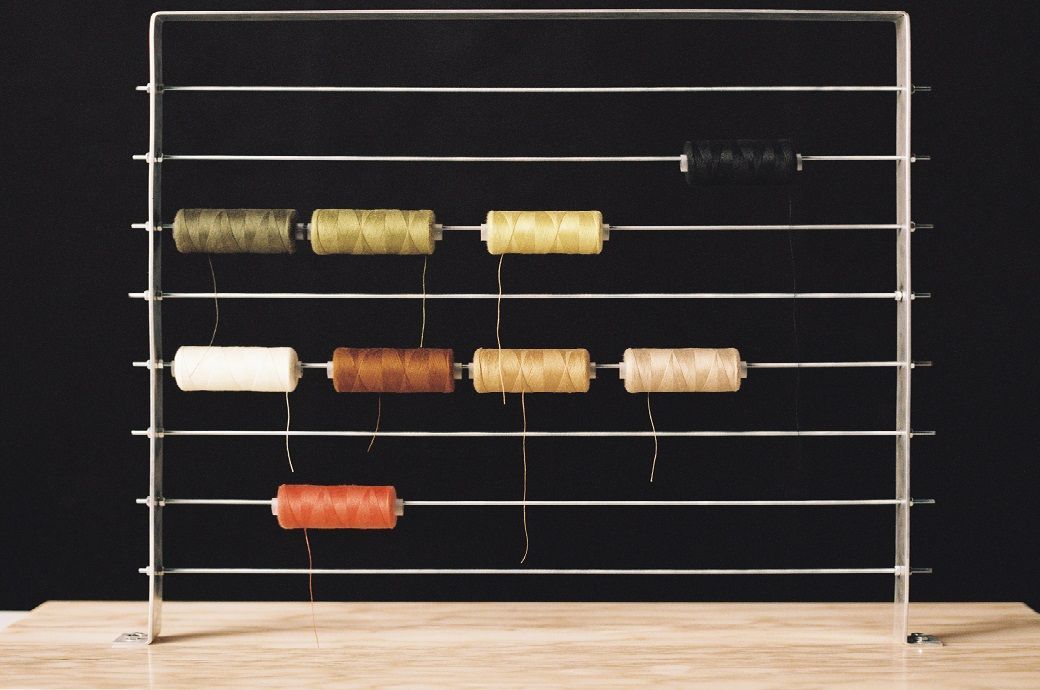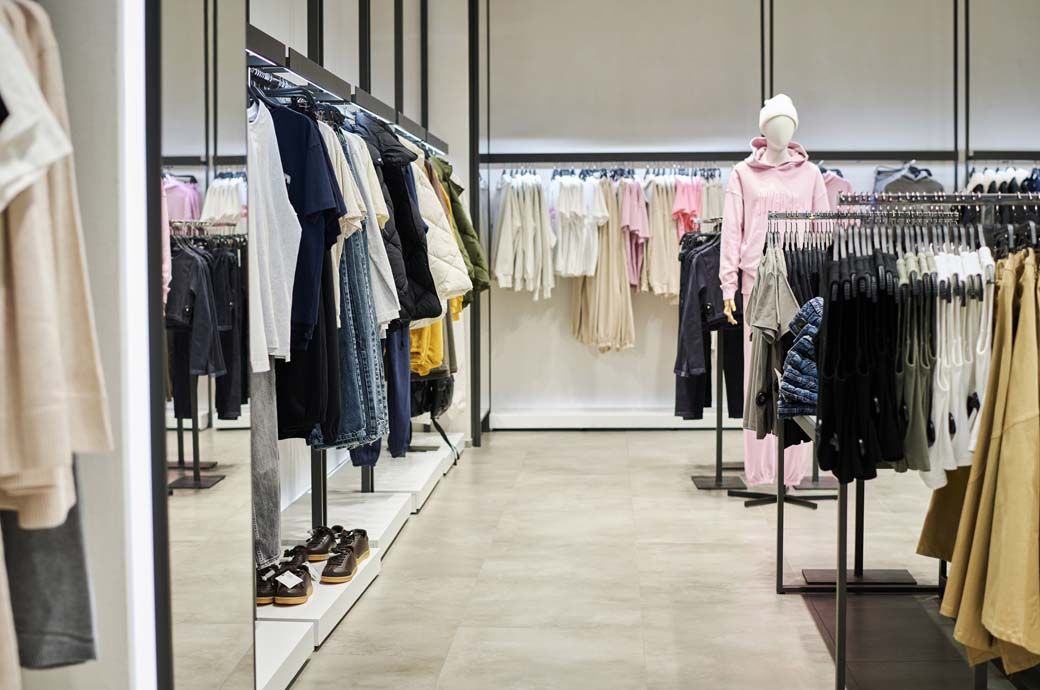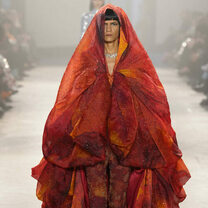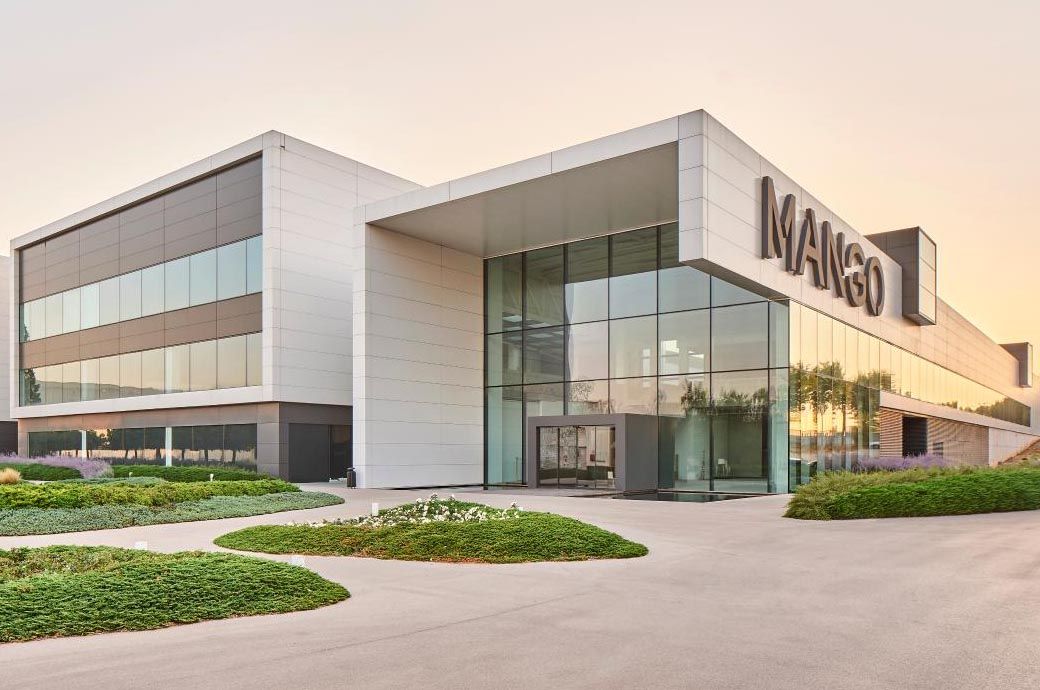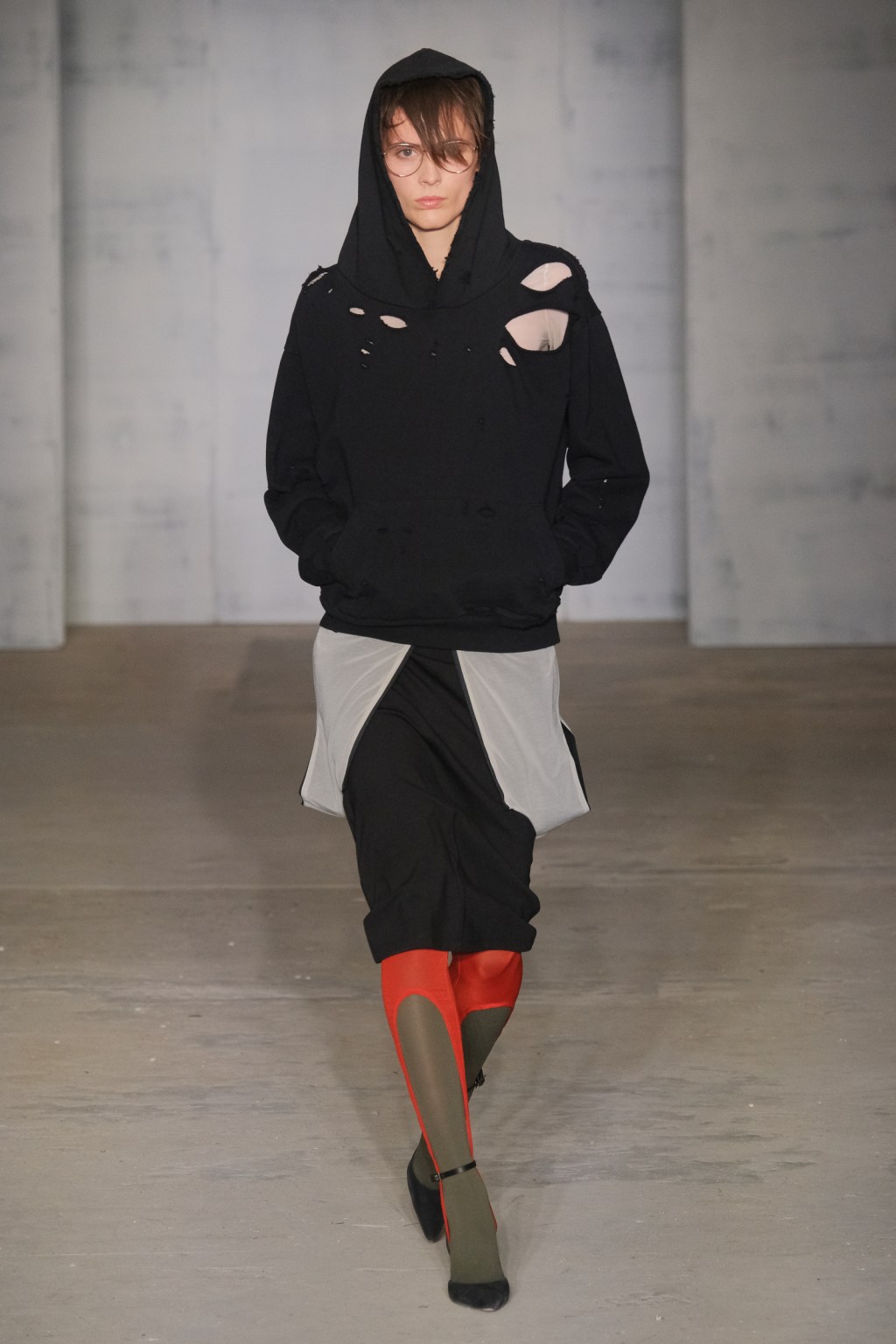The investment, which will be channeled through Mango Startup Studio, the company's fashion start accelerator, makes the company one of the first fashion companies to incorporate recycled fibers after consumption in its collections.
The mango has become the first important fashion brand in investing in the posterior fiber, a new company focused on the recycling of textile waste after consumption. Through Mango Startup Studio, he launched a capsule collection for mango teen with 80%recycled material. The movement supports the mango circularity objectives, pointing to 40% of recycled fibers by 2030 under its strategic plan 2024-2026.
Specifically, the fashion company has launched a collection made of recycled fibers after consumption for its youth line, Teen mango. This new limited editing capsule, available through mango.com and in selected stores, is composed of 10 products, such as t -shirts and sweatshirts, most of which are made of 80% recycled material. The novelty of the project lies in the fact that, from this percentage, around 15% comes from the posterior fiber, in other words, fibers of garments that have reached the end of their useful life and have been recovered through textile containers. These are crushed and transform into new threads and fabrics, giving rise to new garments and, therefore, contribute to the closure of the textile cycle. The remaining 65% of the recycled material used in the collection comes from posindustrial waste. In addition, the garments of the collection have been dyed using Pigmentura, an innovative technique of dyeing garments that significantly reduces the consumption of water and energy, minimizing the environmental impact.
The posterior fiber, composed of four leading companies in the textile sector: Hallotex, Santander, fashion-re and Margea textile, offers a pioneering solution in the management of textile waste after consumption. With an approach to innovation, traceability and transparency, fiber fiber prepares and processes the recyclable part of the garments after consumption and transforms it into high quality fiber so that its industrial partners become new threads, fabrics and garments, which meets the most strict sustainability criteria.
“In mango we see sustainability as a transverse pillar of our business model, a structural and deep commitment and a commercial transformation lever that we have been internalizing for more than two decades. It is clear to us that progress in sustainability is not a matter of size, but of approach and that the path is more collaborative than competitive. Sector, not only as a lever for the reduction of the environmental impact, but also as an opportunity for the creation of value,” Andrés Fernández, Director of Sustainability and Supply at Mango.
Mango also joins the Post Fiber Board of Directors with the incorporation of Berta Moral, director of Mango Kids and Mango Teen. “By collaborating with new innovative companies, such as Post Fiber, we seek not only to advance significantly for our commitment to integrate a higher percentage of recycled fibers in our collections, but also to support the growth of these emerging companies that are transforming the industry. With this initiative, we are contributing to the escalation solutions that promote circular fashion and reduce the environmental impact of operations of operations,”, with this initiative, “.
Commitment to society and the environment
The mango continues to develop its sustainability strategy towards a more responsible business model, committed to innovation and the use of new generation materials, promoting circularity in their collections, the decarbonization of the supply chain and the well -being of people who are part of the company's value chain.
During 2024, the mango has taken important measures in its road map, achieving progress in circularity, environmental impact and social commitment, to create a more responsible fashion as a strategic pillar of its value proposition. In relation to the materials used in its collections, the company has progressed towards its goal of using 100% fibers with a lower environmental impact by 2030.
In the last financial year, the mango succeeded in 72% of the fibers used in their lower environmental impact garments, of which 25% were recycled. With the investment in the posterior fiber, the company continues to advance towards its objective of increasing the use of 40% recycled fibers in its collections by 2030.
All these initiatives and measures confirm and reinforce Mango's commitment to the objectives established in its strategic plan 2024-2026, Plan 4E. The company expects to reach a turnover of more than 4 billion euros by 2026, maintaining its commitment to quality, internal design, innovation and sustainability.
Fiber2Fashion News Desk (RM)

